
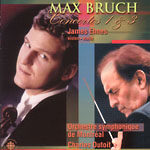
James Ehnes offers a more “traditional” account of the First Concerto than Isabelle van Keulen on her recent Koch release. Where van Keulen offers quick
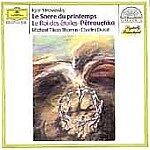
These two excellent performances have in common the fact that they were both made by two exciting young conductors toward the start of their respective
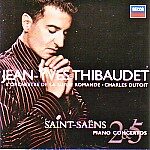
These performances aren’t perfect, but they are mostly very good. The Second Concerto, though, is entirely stunning, with a central scherzo that’s a model of
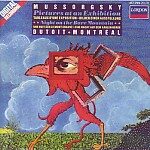
Charles Dutoit’s Montreal legacy on Decca is not holding up terribly well. Since that initial recording of Daphnis et Chloé caught the attention of the
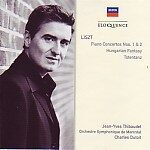
Looking for Liszt’s major piano/orchestra works at budget price? You can’t do better than these 1990 recordings. The two concertos and Hungarian Fantasy prove ideal
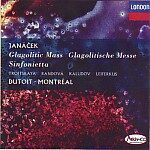
This disc is symptomatic of everything that was wrong with the major recording labels in the 1980s and ’90s. Does anyone remember that this release
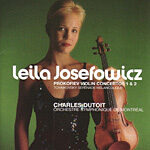
Leila Josefowicz’s astringent, almost viola-like tone at the start of Prokofiev’s Violin Concerto No. 1 sets the stage for what will be a compellingly sharp-edged

Charles Dutoit leads a rather tepid Poulenc Gloria, with slowish tempos, stiff phrasing, and soft-edged articulation that tends to diminish the music’s supposedly celebratory nature.

First the good news: Alicia de Larrocha gives a luminous and moving account of Rachmaninov’s Second Piano Concerto in this 1972 recording. The pianist’s robust
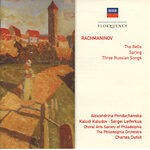
The Bells is the bright spot in Charles Dutoit’s otherwise lackluster Rachmaninov Symphony cycle for Decca. Here he conducts with a welcome alacrity, enlivening rhythms
![]()
